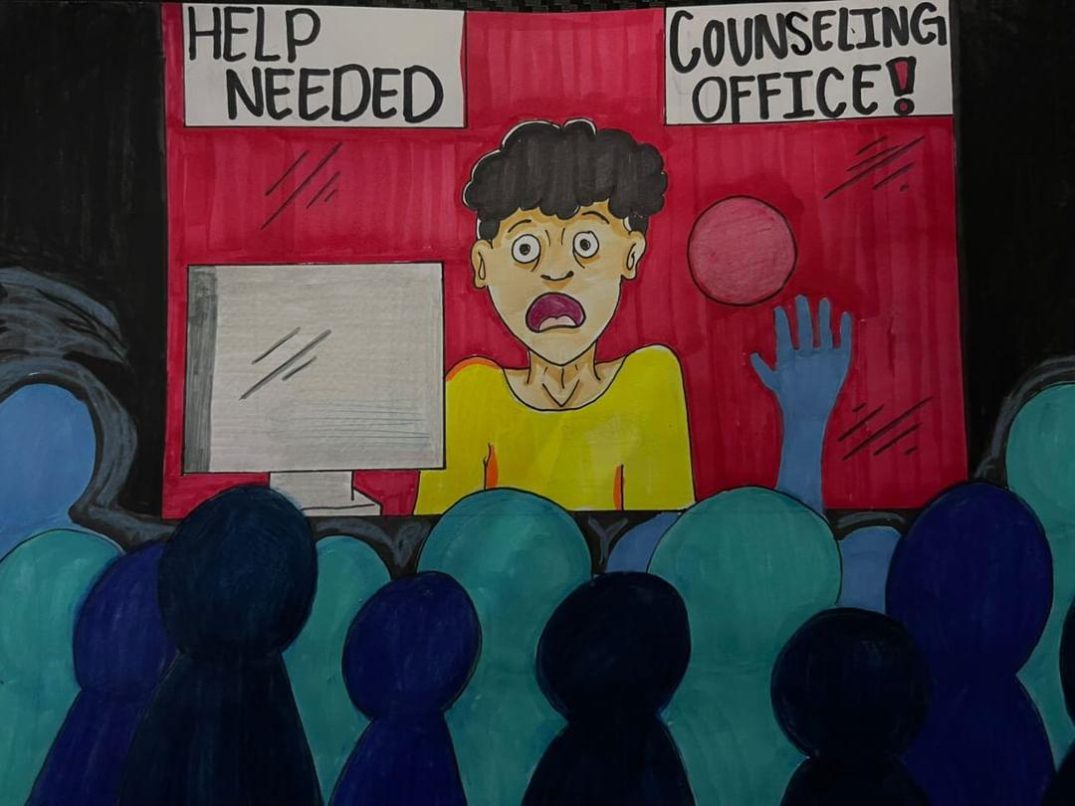Choosing to eat nutritiously is just like any other life decision.Ever since the documentary film “Supersize Me,” in which filmmaker Morgan Spurlock goes on a 30-day McDonald’s binge, fast food industries have attempted to present a healthier image.
In the film, Spurlock conducts an experiment and eats nothing but McDonald’s foods for a month to see how it affects his health. Spurlock ends up forming a dangerous amount of fat around his liver, gains 25 pounds within only one month and feels a great lack of energy. He said that these complications came strictly from his McDonald’s-only diet.
Although the business claims that its changes are not in response to the film, McDonald’s has removed its “Supersized” sodas and French fry orders from its menus.
Other changes include the addition of new salads provided by the restaurant and McDonald’s now has an entire nutrition information link added to its official website (www.mcdonalds.com). Even other fast food chains, such as Wendy’s, now offer salads with their combo meals.
But despite the company’s attempts at appearing healthy, McDonald’s is still a fast-food restaurant. According to Spurlock’s documentary, a McDonald’s salad contains more calories than some of McDonald’s most popular cheeseburgers; and although the restaurant stopped offering Supersizes, there is nothing stopping a person from ordering five small orders of French fries or repeatedly refilling a medium-sized soda.
Basically, it is common knowledge that the McDonald’s food chain is simply not choice nutritional dining.
In Spurlock’s documentary, one of his arguments against McDonald’s is that two teenage girls sued the company, blaming McDonald’s for causing their obesity.
But customers should not forget that they are ultimately responsible for what they choose to eat. People have the ability to exercise personal restraint, and should, to make healthy choices despite the advertisements for junk food that surround them.
In “Supersize Me,” Spurlock also pointed out McDonald’s targets children; the business’ mascot is a clown, many restaurants provide play structures for children and it even invented the “Happy Meal.”
Nevertheless, the argument can still be made that parents have the authority to control what their children eat. McDonald’s is a business, and it is not its responsibility to make sure children are eating nutritiously.
Parents should provide healthier meals for their children and even teach the children why eating nutritiously is important.
Society cannot make McDonald’s liable for others’ poor health or weight gain because, in the end, individuals only have themselves to blame.






